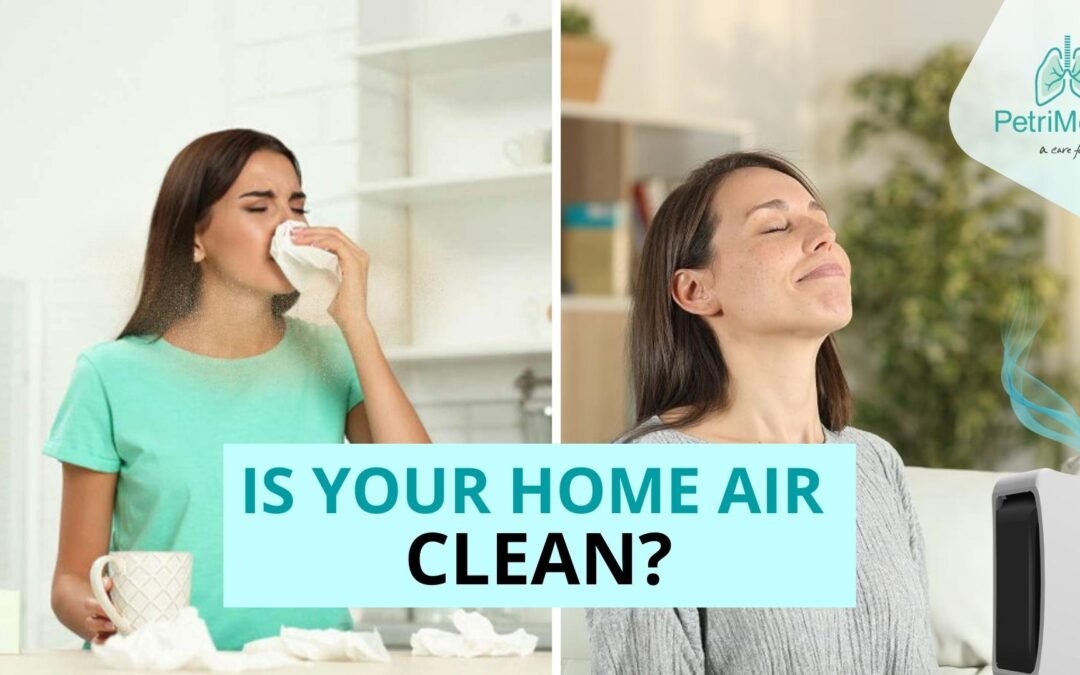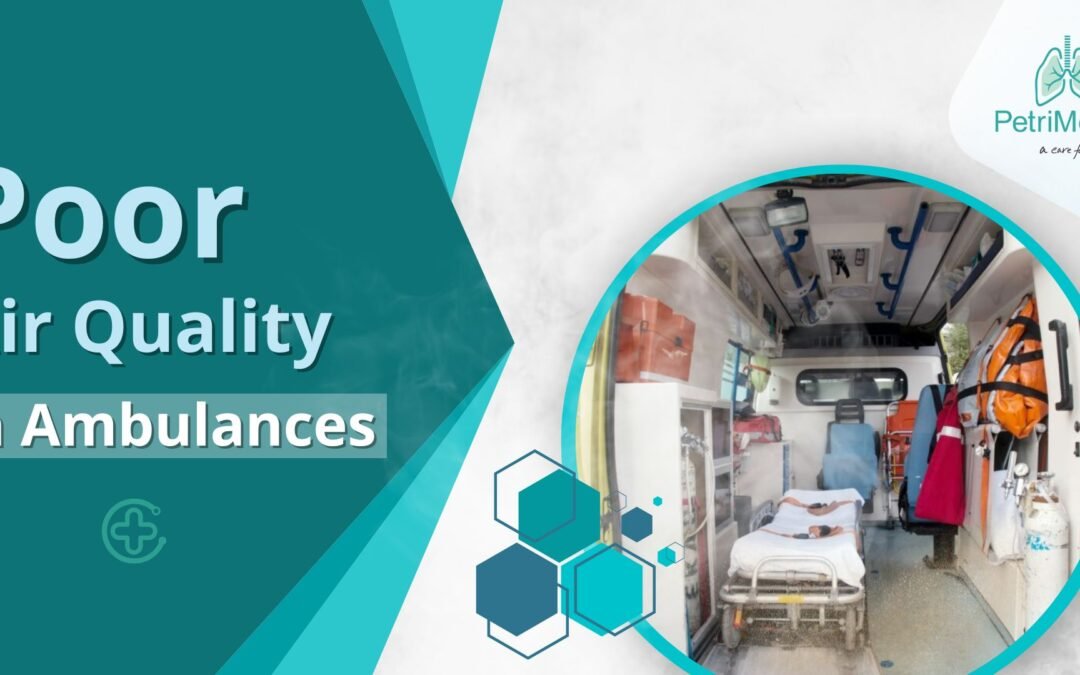While we often think of air pollution as an external issue, it is important to recognize that the confined space of a car cabin can be a hotspot for various pollutants.
Many components and materials used in car interiors, such as carpets, seat covers, dashboard panels, and adhesives, can emit volatile organic compounds (VOCs) over time. These VOCs contribute to indoor air pollution and can cause headaches, dizziness, allergies, and respiratory irritation.
Emerging evidence suggests that these pollutants may also have an unexpected impact on our sleep patterns and overall sleep quality.
Understanding the Connection:
Airborne pollutants, such as particulate matter (PM), nitrogen dioxide (NO2), and volatile organic compounds (VOCs), are commonly emitted through several sources available in cars such interior material & off-gassing, cigarette smoke, air conditioning & ventilation system, and outdoor sources. When inhaled, they can enter the bloodstream and potentially affect brain functions, including sleep regulation.
The Effects on Sleep:
Studies have revealed a correlation between exposure to high levels of airborne pollutants and various sleep disorders. For instance, elevated levels of PM2.5, fine particulate matter with a diameter of 2.5 micrometers or smaller, have been linked to increased risk of insomnia, sleep fragmentation, and decreased sleep duration. Additionally, NO2 and VOCs have been associated with higher rates of sleep apnea and restless leg syndrome.
Conclusion:
To improve in-car air quality, it is essential to take proactive measures. Regular cleaning and vacuuming of the cabin, keeping windows closed in heavily polluted areas, using high-quality car air purification system like PetriMed CA APS 20, and avoiding smoking inside the car are some steps that can help reduce exposure to in-car cabin pollutants.
Contact US

Vaping Is A High Risk For Young Hearts
For decades, the news had been so good. The number of teenagers smoking tobacco products was falling. “Billions of dollars, tons of manpower and effort, were spent on informing y.oung people about the harms of smoking,” said a cardiologist. “And we were successful. Smoking rates across…

Is Your Home’s Air Clean?
The air we breathe in a closed space affects our health and ability to fully contribute to society and live a healthy our healthiest lives. For over two years, the impact of COVID-19 has highlighted that how clean indoor air plays an important role in response and recovery — the spread of the virus can be reduced…

Risk of Ambient Concentration of Particulate Matters Associated with Ambulance Services in India
An ambulance is a medically equipped vehicle which transports patients to treatment facilities, such as hospitals. Typically, out-of-hospital medical care is provided to the patient during the transport. Ambulances are used to respond to medical emergencies by emergency medical services…


0 Comments